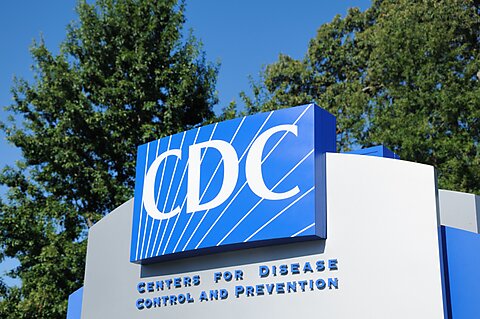Today, the Washington Post reports that career scientists at the Centers for Disease Control and Prevention (CDC) are quite upset to learn that the agency has updated the CDC website to resurrect the long-debunked link between vaccines and autism.
The webpage in question previously stated that studies have shown “no links” between vaccines or their ingredients and the subsequent development of autism. It now states, “The claim ‘vaccines do not cause autism’ is not an evidence-based claim because studies have not ruled out the possibility that infant vaccines cause autism.”
Those promoting the idea that vaccines can cause autism mainly rely on a 1998 article published in The Lancet that was later retracted. Andrew Wakefield, the author of the study, was later found guilty of fraudulently and deliberately cherry-picking data and falsifying facts for financial gain, having received substantial payments from trial lawyers seeking to build a class-action lawsuit against the makers of the MMR vaccine.
To date, numerous large studies have failed to show any link between the MMR vaccine and autism. These include a large Danish study of more than 537,000 children who had received the vaccine between 1991 and 1998, as reported in the New England Journal of Medicine in 2002.
Many leaders of the “anti-vax” movement who fear the autism link lack a thorough understanding of what autism is and how the understanding and diagnosis of autism have developed. While Health and Human Services Secretary Robert F. Kennedy, Jr., considers people with autism “damaged,” as cultural anthropologist Roy Richard Grinker explains, the diagnosis has evolved to describe a spectrum that includes people who lead happy and productive lives.
No one knows for certain where on a continuum the adaptive anxiety that compels humans to look both ways before crossing the street becomes an anxiety disorder, where sadness becomes clinical depression, or social awkwardness becomes autism. Indeed, family and twin studies show that autism symptoms can be found throughout the general population, and especially among relatives of people with autism. Identifying the point at which something becomes a disorder is a clinical judgment about whether people’s symptoms impair their daily functioning and warrant treatment and services.
In other words, for many people, being “on the spectrum” is just another way of being human.
I understand why career scientists are upset about the changes to the CDC website. Resurrecting a claim disproven countless times doesn’t protect public health—it undermines trust in the very institution meant to safeguard it. The controversy, however, makes the points I’ve made here and here even more urgent.
What began in 1946 as the Communicable Disease Center—an agency designed to help states track and contain outbreaks—has morphed into a sprawling bureaucracy that inserts itself into everything from diet and exercise to smoking, gun safety, and other matters far removed from infectious disease.
Autonomous adults can and should seek advice about the safety, efficacy, and necessity of preventive health measures, including vaccinations, from the clinicians they choose to trust. Those clinicians continuously revise their understanding as new research emerges and expands the evidence base.
At its best, the CDC served as a central hub for timely, reliable data to enable state and local health officials to act quickly during outbreaks. That core function—sharing information to help contain disease—was the point. And it’s exactly what the agency has drifted away from.
I’ve argued that Congress should restore the CDC to its original role: a dedicated partner that supports and coordinates disease-control efforts, not an agency pursuing lifestyle crusades or political headlines. Maybe this episode will finally prompt the CDC’s own scientists—and their counterparts in academia and industry—to demand a return to an agency that delivers data, not dogma.
